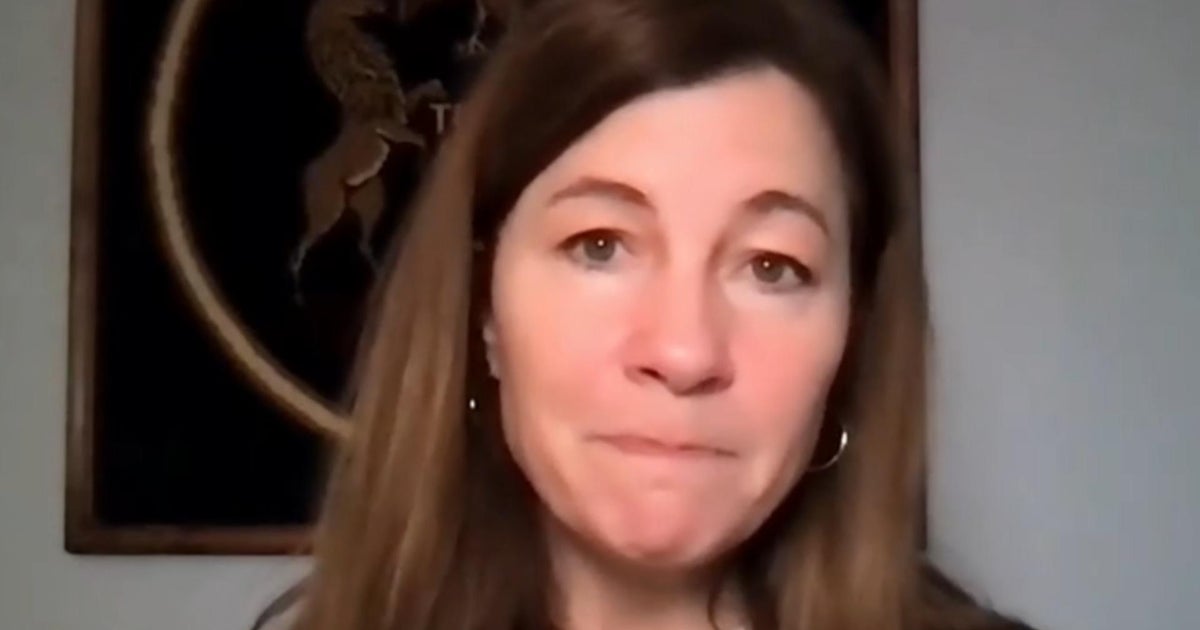Star Tribune
Minnesota kids forced to cross the country for mental health help
The number of residential treatment beds in Minnesota has shrunk, and the facilities that do exist struggle to find enough staff to operate at full capacity. Treatment providers said they must determine whether they can adequately handle each child’s particular needs and balance those with other kids in their care.
Kids who cannot find timely placement in Minnesota’s residential mental health treatment facilities often also have an intellectual disability, aggressive or sexually problematic behaviors or a physical health condition, county workers said.
Minnesota has an array of intensive community-based and residential services for youth with high needs, DHS said in a statement. The agency said it continues to identify and respond to gaps and accessibility issues, which could be due to workforce shortages, low Medical Assistance reimbursement rates and a lack of uniform access to services statewide.
“There is a growing need to address systemic challenges impacting children’s intensive behavioral health services and the lack of treatment options within Minnesota,” DHS Assistant Commissioner Teresa Steinmetz said in a statement. “It takes every member of the system – the state, counties, Tribes, providers and community partners – working collaboratively to alleviate these challenges.”
The day a child leaves a facility, services should be in place to help them live at home, such as an individualized education program, respite services for the family and a youth behavioral health worker and therapist, said Rep. Kim Hicks, DFL-Rochester, who is also a DHS employee.
Star Tribune
Law enforcers in Minnesota say they’re ready to deal with any polling place disruptions

As for complaints related to any disruptions at a polling place, Luger added, those should be reported to local election officials. Concerns about violence, threats of violence or intimidation at a polling place should be reported immediately to local law enforcement by calling 911, he said.
Bloomington Police Chief Booker Hodges said that while he’s not aware of any active threats to polling places in his city or elsewhere in Minnesota, “I an assure you we will have extra resources on hand, and we are prepared for anything that may occur.
“We want you to be safe when you go out and vote,” the chief for Minnesota’s fifth-most populated city with more than 87,000 residents added. “Rest assured, Bloomington, we’re going to do everything we can to make sure that your voting is safe.”
Vigilance to keep in-person voting safe from threats or obstruction extends well beyond the Twin Cities.
Willmar Police Capt. Michael Anderson said his department’s staff “met with election judges and went over contingency plans in the event of an emergency. Also, we have added additional patrol staff during voting times.”
The Duluth Police Department said in a statement it “continues to monitor intelligence information regarding any threats to the security of our local polling places, or the election in general.”
Star Tribune
Arbitration over Timberwolves, Lynx ownership begins for Glen Taylor and Alex Rodriguez, Marc Lore

The proceedings will end with either closing arguments or closing briefs, which are written and submitted. The panel will take an agreed-upon amount of time — it could be weeks or months — to make a decision.
“Once they read everything and come to their own conclusions, they have a meeting and then they hash out what they think the decision should be,” Remele said. “It can be 2-1, it can be unanimous. As panel members, you really try to get consensus. That is the whole idea. But sometimes that’s not possible.”
There will be no gray area in the decision. The arbitrators will say whether Lore and Rodriguez failed to execute the purchase agreement or if Taylor erred in canceling the sale.
“Arbitration awards are virtually unappealable,” said Terrence Fleming, a lawyer at Fredrikson who specializes in business litigation. Fleming said, as a practical matter, whatever the panel decides will be final.
“It’s typically very simple and there is no explanation behind it,” Fleming said. “I would guess in a case like this that both parties would request a reasoned award in which they lay out in detail how they came about to their decision.”
Egregious examples of fraud or bias — for instance if one of the arbitrators didn’t disclose their relationship with either party — could be grounds for appeal, but both Remele and Flemming said it’s extremely rare.
Star Tribune
Federal regulators increasingly taking regulatory actions against MN community banks with fintech partners

The Federal Deposit Insurance Corp. and the North Dakota Department of Financial Institutions also directed Choice Financial’s board to “at least monthly” discuss “customer identification” requirements and the bank’s ”relationship with third party providers of financial services and products.”
Choice Bank, which declined to comment, has 20 branches in North Dakota and Minnesota, and several of its executives are based in Golden Valley.
Federal regulators have hit banks that partner with fintechs with a higher rate of enforcement actions over the past year.
Of the roughly 4,500 banks in the U.S., about 150 partner with fintech firms, estimated Haggerty, of Klaros.
Yet fintech partner banks were the target of 35% of all enforcement actions in the first three months of 2024, and 11% and 19%, respectively, in the second and third quarters, according to a Klaros analysis.
“The numbers are pretty staggering,” Haggerty said.




